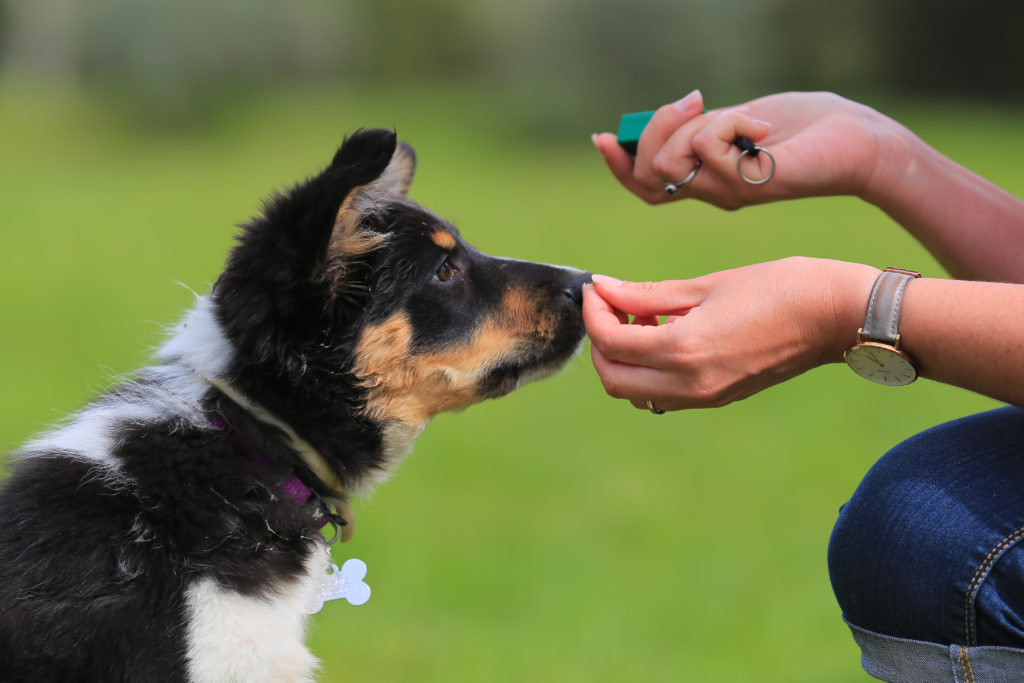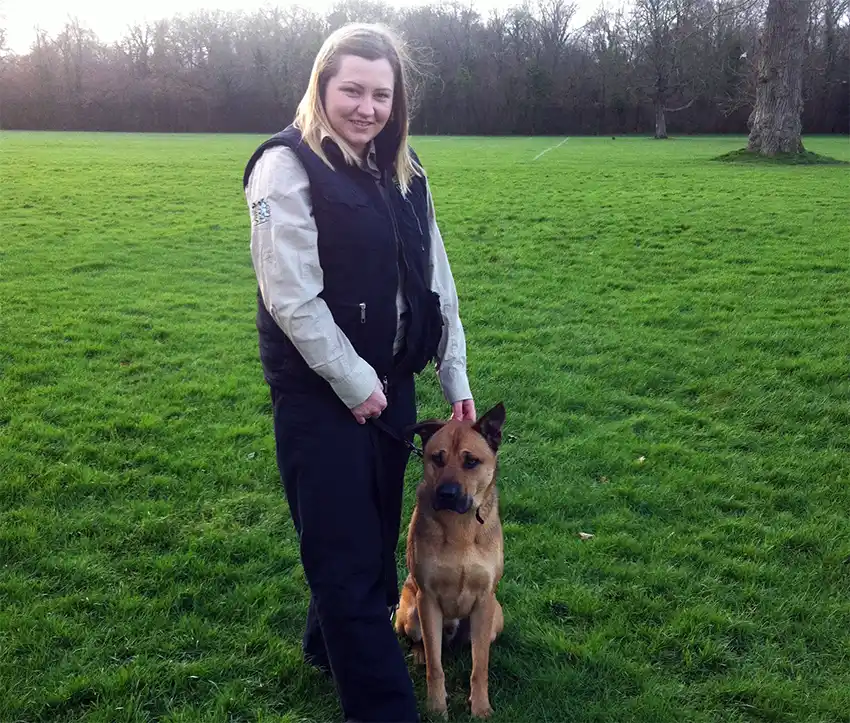How to Choose the Right Dog Training Program for Your Pup
How to Choose the Right Dog Training Program for Your Pup
Blog Article
The Ultimate Guide to Pet Training: Transform Your Family pet's Actions
Effective pet dog training is essential for fostering an unified connection in between animals and their proprietors. This guide not only aims to equip you with the needed tools to transform your pet dog's actions yet likewise invites you to discover exactly how these foundational concepts can lead to a much deeper link with your pet.
Understanding Dog Behavior
Understanding dog habits is important for efficient training and a harmonious relationship between pets and their owners. A pet dog's behavior is affected by a mix of genes, setting, and experiences. Dog training. Identifying these variables allows proprietors to tailor their training approaches to satisfy the individual demands of their animals
Dogs connect primarily with body movement, articulations, and faces. For example, a wagging tail can show enjoyment or joy, while a tucked tail might indicate fear or entry. Observing these signs enables owners to react suitably, enhancing positive actions and dealing with adverse ones properly.
In addition, recognizing the social framework of canines can supply insights into their behavior. Canines are pack pets, and they thrive in an organized setting. Developing clear limits and regular policies can protect against confusion and advertise a sense of security.
Furthermore, identifying the all-natural impulses of pet dogs, such as need to dig or go after, is crucial. These reactions can be redirected with proper electrical outlets, such as play or workout. By adequately comprehending these behavioral facets, proprietors can foster a favorable training experience, eventually leading to a well-adjusted and loyal canine friend.
Necessary Training Methods
Efficient pet dog training counts on a variety of important techniques that can dramatically boost the learning process for both the proprietor and the dog. One fundamental method declares reinforcement, which entails gratifying desirable actions with treats, appreciation, or play. This method urges pets to repeat the habits that bring about favorable results, fostering a relying on partnership in between the animal and owner.
One more secret strategy is consistency in commands and expectations. Making use of the very same spoken signs and hand signals aids the canine recognize what is required, minimizing complication and promoting quicker understanding. Furthermore, establishing clear boundaries and guidelines is essential for efficient interaction.
Socializing is additionally a vital part of training. Revealing dogs to different environments, individuals, and other pets helps them create proper social abilities and minimizes anxiety in unknown scenarios.
Last but not least, perseverance and timing are important. Educating sessions need to be constant yet quick, making certain that the canine stays involved and receptive. By utilizing these essential strategies, owners can produce a positive and organized training experience that advertises great actions and enhances the bond with their canine friends.
Creating an Educating Arrange
Exactly how can a well-structured training timetable improve a canine's discovering experience? A training schedule provides uniformity, ensuring that pets receive normal, focused instruction. This predictability aids canines recognize what is anticipated of them, reinforcing their learning and enabling for better retention of behaviors and commands.
When developing a training routine, it is important to consider the pet dog's age, breed, and specific temperament. Youthful puppies may profit from shorter, more regular sessions, while adult pet dogs might love longer, less frequent training periods. Integrating a range of tasks can likewise keep the sessions engaging, stopping monotony and advertising interest for understanding.
In addition, organizing training sessions at particular times of the day can aid solidify a regimen. For circumstances, combining training with everyday strolls or play can develop a favorable organization with learning. It is additionally vital to include time for support, such as treats check here or appreciation, to reward desired behaviors quickly.
Finally, versatility is essential. While consistency is essential, being adaptable to the canine's state of mind or energy level can boost their learning experience. A well-crafted training schedule ultimately lays the structure for reliable communication and a more powerful bond in between the pet and proprietor.
Typical Educating Difficulties
Despite having a well-structured training schedule, pet dog owners usually run into various obstacles throughout the training procedure. One usual problem is disparity in cues and commands. When multiple household participants utilize different terms or tones, a dog may come to be overwhelmed, impeding its capacity to learn properly.
An additional constant challenge is interruption. Dog training. Pet dogs are naturally curious creatures, and external stimuli such as various other animals, sounds, or individuals can divert their attention during training sessions. This requires proprietors to produce a regulated environment or progressively present interruptions to enhance focus
Furthermore, varying power levels can impact training results. High-energy canines might battle to calm down and concentrate, while more easygoing types may need extra inspiration to involve. Tailoring the training approach to fit the private pet's character is essential for success.

Structure a Solid Bond
A solid bond between a dog and its proprietor is crucial for successful training and general health. Dog training. This relationship cultivates trust, which is vital for reliable communication throughout the review training process. When a canine really feels protected and connected to its owner, it is a lot more most likely to respond favorably to hints and commands
To construct this bond, uniformity is essential. Establishing a routine that consists of routine feeding, exercise, and training sessions helps create a feeling of stability. Furthermore, favorable reinforcement techniques, such as treats, praise, and play, enhance preferred habits while reinforcing the psychological connection.
Socializing is one more vital facet of bond-building. Revealing your pet dog to various settings, people, and various other animals aids them feel extra comfy and certain, enhancing the bond with their owner. Engaging in activities together, such as walking, playing bring, or taking part in obedience training, advertises synergy and common enjoyment.
Final Thought

Comprehending pet dog habits is important for reliable training and an unified relationship between pets and their proprietors.Efficient pet dog training relies on a variety of important techniques that can significantly boost the understanding procedure for both the owner and the pet dog.Despite having a well-structured training schedule, canine proprietors often come across various difficulties throughout the training procedure.In final thought, effective pet training relies on a thorough understanding of canine behavior, the application of vital strategies, and the facility of an recommended you read organized training timetable. By stressing positive support and consistency, pet dog proprietors can considerably improve their pets' habits, inevitably ensuring an unified relationship and advertising the health of both the pet and its environment.
Report this page